Technology Fellows have leading authority, both nationally and internationally, in their technical field. Each has made significant impact through technical excellence, expertise and knowledge transfer, and is committed to the development and coaching of colleagues. Fellows are selected by the TWI Executive Team.
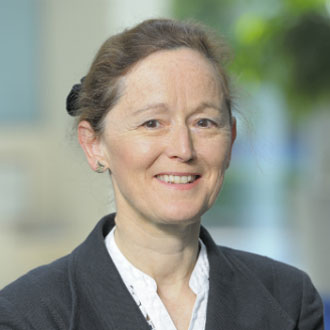
Isabel Hadley
Now semi-retired from TWI, Isabel’s higher education was at Cambridge and Sheffield universities. She joined TWI in 1992 after working in several fields including nuclear engineering and offshore technology, and was promoted to Technology Fellow in 2012.
Isabel’s technical work focuses on the development of analytical flaw assessment techniques, and their application to safety-critical structures and pressure equipment. Chairing the committee that develops and maintains BS7910 (UK flaw assessment procedure), Isabel is a member of the R6 (UK nuclear assessment procedure) panel. She is also co-author of the European FITNET fitness-for-service procedure.
In 2016 Isabel took up the additional role of Royal Academy of Engineering Visiting Professor in Integrity Management at the University of Bristol.

John Wintle
Professor John Wintle is a consultant mechanical engineer and a recognised international authority on the integrity of safety critical structures, plants and facilities in the nuclear, offshore energy and other high hazard industry sectors. He has produced guidance and advice for TWI clients, the HSE and the Energy Institute on structural integrity and the management of ageing, inspection strategies. and justifying continued service of older assets. He is currently a contributing member on committees of the UK’s Technical Advisory Group on Structural Integrity of Nuclear Plant and Facilities and promotes TWI’s interests in many other ways.
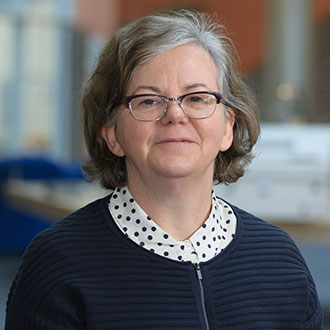
Bernadette Craster has worked as a research scientist on non-metallic materials for use in oil and gas applications since 1989. She joined TWI in 2012 and her specialism continues to be ageing of non-metallic materials through permeation processes from complex mixtures. She has contributed to journal publications and patents and now to the API 15 standard for liners and spoolable composites. Bernadette holds degrees from Trinity College, Dublin, the University of Bristol and completed her PhD while employed at Schlumberger Cambridge Research with Professor Chris Breen (Sheffield Hallam) as academic supervisor.
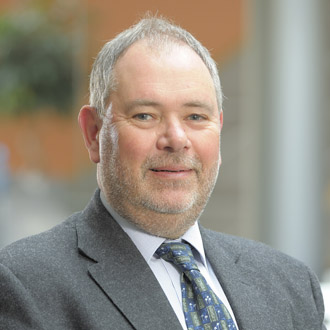
Peter Mudge
Peter Mudge has been involved in research and development for non-destructive testing (NDT) at TWI since 1976. He is currently Technical Director at TWI group company Plant Integrity Ltd, and Professor Associate in the School of Engineering and Design at Brunel University.
A Chartered Engineer, Peter is a Fellow and past President of the British Institute of NDT, a Fellow of IoM3 and also of The Welding Institute. He sits on the main BSI Standards committee for NDT and is involved with ASME and NACE committees for guided wave testing of pipelines. Peter was awarded the Leslie Lidstone ESAB Gold Medal by the Welding Institute in 1989 for services to welding technology.
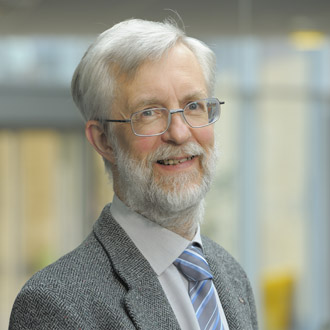
Richard Pargeter
Richard Pargeter has been working in the Materials Department at TWI since 1976. He was accepted as a Member of the Institution of Metallurgists in 1980 and given Chartered Engineer status shortly afterwards. Richard is also a Fellow of the Welding Institute, a European Welding Engineer, and a Registered Welding Materials Engineer Group 1.
Richard’s awards include the American Welding Society’s James F Lincoln Gold Medal, the American Welding Society A F Davis Silver Medal, and the Sir William J Larke Medal. He serves on several BSI Committees, and on IIW Sub Commissions on the Metallurgy of Weld Metal, and Metallurgical Studies of Fused Metal.
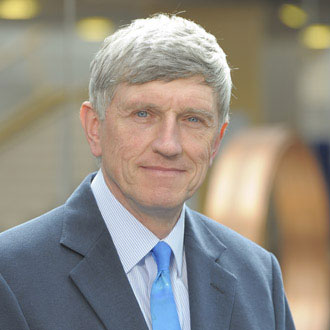
Mike Gittos
Mike Gittos joined the metallurgy laboratory at TWI in 1974 after gaining both first and masters degrees at Manchester University. Mike has managed many of TWI’s higher profile failure investigations including those assessing significant damage to high value assets.
A European Engineer, Mike is also a Senior Member of The Welding Institute and a Chartered Engineer. In 1993 he was awarded the A F Davis silver medal by the American Welding Society; in 1998 he received the Bengough Award from the Institute of Materials, and in 2010 he received the Commendation Award from TWI.
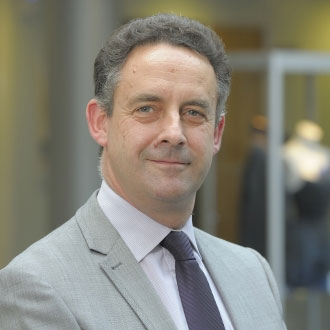
Mike Troughton
Mike Troughton joined TWI in 1993 after gaining a PhD in Polymer Physics and working in the plastics industry for seven years. He is a Chartered Engineer and a Fellow of The Welding Institute.
Mike is chairman of the BSI committee for plastics welding, the European Welding Federation working group on plastics welders and the Welding Institute Technical Group on polymers. He is also the UK delegate on various CEN, ISO, AWS and ASME standards committees, and is the author of the Handbook of Plastics Joining – A Practical Guide.
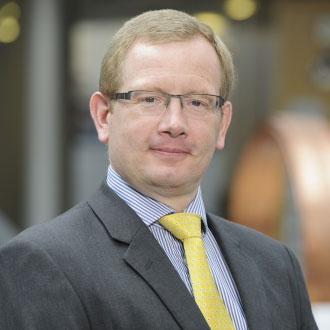
Following a PhD in physics at Warwick University and post-doctoral work in chemistry at Brunel University, Alan joined the ceramics section of TWI in 1995.
His work is focused on advanced coatings based on inorganic-organic hybrids and nanomaterials. He has eight patents and over 30 published articles. Alan sits on the editorial board of the "Journal of Coating Science and Technology" and on the BSI Nanotechnology Standards Committee NTI/1. He is an expert consultant in the field of highly repellent surfaces for the NANOfutures and Value4Nano European initiatives.
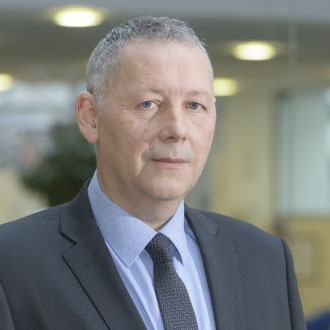
David Howse
David Howse has more than 30 years’ experience in welding engineering, having worked on major projects relating to oil and gas, construction and infrastructure. He graduated in metallurgy from Leeds, later completing an EngD entitled ‘Improved productivity in fusion welding’ at Warwick, and has authored and contributed to more than 20 publications.
David joined TWI in 1994 as a senior project leader in the arcs section. He later spent time as section manager in lasers before, more recently, assuming a senior technical role in the Arc Processes, Fabrication and Welding Engineering section. David has provided technical support to many of TWI’s member companies and overseen a large number of research projects into various aspects of joining technology.
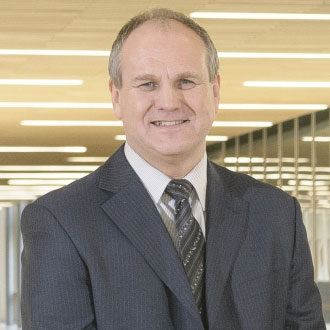
Ian Cooper
Ian is a Chartered Engineer with over 30 years’ experience in NDT. He joined TWI in 2005 as a principal project leader at the specialist NDT centre in Port Talbot, specialising in NDT of composites. More recently his work has concentrated on advanced NDT methods and automated robotic inspection systems; he was promoted to Technology Fellow in 2015. A recognised expert in the inspection of composites and other difficult materials, he leads the highly successful IntACOM programme developing rapid automated inspection systems for complex geometries.
Ian is an Honorary Professor of Practice at the University of Wales, Trinity St David and is widely published in NDT and aerospace journals. He is President Elect of the BINDT technical committee and is active and influential on a number of other committees that guide the development, application, training and certification of NDT.
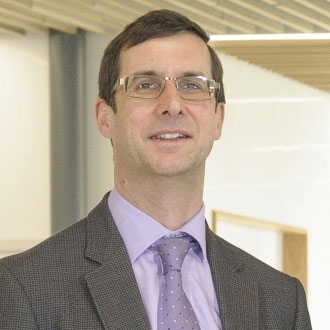
Charles Schneider has specialised in the reliability and theoretical modelling of NDT techniques since 1985, including 11 years with UK nuclear generating companies, and has played a leading role in the independent qualification of various ultrasonic inspections. He also undertakes statistical and probabilistic analysis, more generally, across various engineering disciplines at TWI, including the analysis of fatigue test data.
His more recent work includes the use of statistical methods to extrapolate corrosion mapping data both in time and to uninspected regions of large plant items. Charles has been closely involved with developing NDT guidance for BS 7910. An area of current interest is the extension of such guidance to the probabilistic assessment of structural integrity.
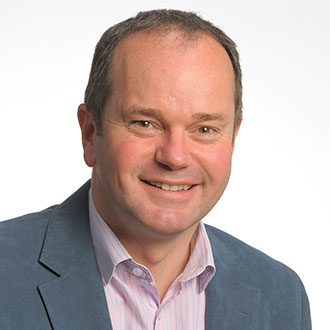
Colin Ribton is a Chartered Engineer, Chartered Physicist and a Fellow of the Institute of Physics. He graduated from The University of Nottingham with a joint honours degree in Pure and Applied Physics, before going on to gain a PhD from Brunel University on the subject of ‘Development of an Electron Beam Gun Design Optimisation Methodology’.
Having worked in Electron Beam with TWI since 1985, his work has seen him involved in the computer modelling of electron optics and high voltage components, the design of high voltage power supplies, the design and optimisation of radiation shielding, real-time control system architecture, magnetic systems, the design of digital and analogue electronics, and the development of processes to manufacture major components in power generation, nuclear, aerospace and medical applications. Colin is on the organising committee of the Electron Beam Technologies biannual conference, is published widely on electron beam gun design and is the inventor or co-inventor on several granted patents, including the RF excited plasma gun and the array probe device for measuring electron beam intensity.
He has also project led TWI’s activities within European and UK government funded collaborative projects looking at higher productivity additive manufacture (3D printing) using electron beams for the aerospace industry.
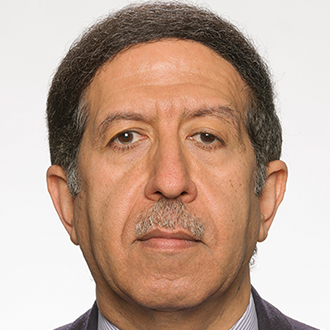
Dr Farshad Salamat-Zadeh
Dr Farshad Salamat-Zadeh is a Chartered engineer and TWI's lead failure investigator of the non-metallic materials. He is a Fellow of the Welding institute and has 24 years of B2B, consultancy and project management experience. Dealing with all aspects of materials engineering, joining and manufacturing issues related to automotive, transport, oil & gas, aerospace, defence, household goods, medical and other industries.He is holder of a BSc honours degree in Polymer Engineering, MSc in Advanced Manufacturing Systems and PhD in Joining Technology.
Farshad has hands on experience with polymer processing, bonding, welding, product development, problem solving, diagnostic and failure investigations of composites and other non-metallic components/structures as well as developing and delivering training courses.Farshad is also the training course coordinator and tutor for "Welding of Moulded Plastic Components" and "Adhesive Bonding Technology".
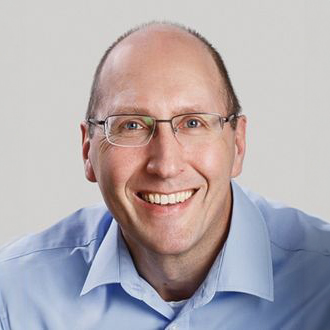
Chris Worrall
Chris Joined TWI in 2010 after returning to the UK following 10 years working in Japan. He is the current Chair of The Welding Institute Polymers and Composites Technical Group (TG7), and holds the position of Engineer in Residence at Liverpool University. Chris is a BSc (Hons) graduate of Imperial College and holds a PhD from Liverpool University on the impact of composite sandwich structures. He was a participating member of ESIS TC4 in the 1990s and currently serves on BSI Committee PRI/42 - Fibre reinforced thermosetting plastics and prepregs. His career dedicated to working with composite materials has been rewarded with being part of teams that have won innovation awards from JEC, Composites UK, and the Pipeline Industries Guild, as well as several patents. Since the inauguration of the Non-metallic Innovation Centre (NIC) in 2019, Chris has been instrumental in providing non-metallic solutions for the oil and gas industry, and has played a key role in understanding the structural integrity of polymers and composites, and developing innovative joining methods.
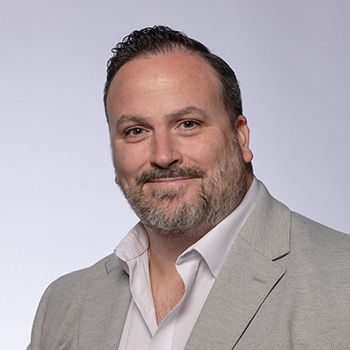
Dr Matthew Doré joined TWI in 2000, where he progressed to Manager of the Fatigue and Fracture Integrity Section. A Chartered Engineer and Fellow of The Welding Institute, he serves on internationally recognised bodies, including as a Main Committee Member of BSI WEE/37 (BS 7910), as the UK National Delegate on the International Institute of Welding (IIW) Commission XIII, and as Chair of the bodies for BSI WEE/37-3 (Fatigue) and BSI WEE/37-9 (BS 7608). He has also chaired several international conferences and delivered keynote presentations and workshops around the world.
Matthew has supervised and supported 13 PhD students and has had over 20 scientific articles published, including peer-reviewed journal publications in the areas of fatigue design, fracture mechanics, and additive manufacturing. His area of expertise as Technology Fellow is Structural Integrity of Metallic Materials.
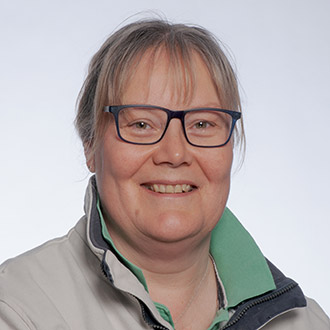
Adrienne Barnes
Adrienne joined TWI after graduating in Metallurgy and Materials Science from Imperial College, London. Her expertise has seen her working principally on ferritic steel consultancy and failure investigations covering a wide range of industry sectors and equipment. She has also led a number of R&D programmes looking at microstructure/property relationships in C-Mn and Cr-Mo steel weldments. Over the past few years, Adrienne has led a number of projects focusing on materials testing in aggressive environments for the oil and gas industry for the purpose of determining flaw tolerance of oil and gas industry assets operating with harsh internal environments and to determine the applicability and implications of various test results and historical information to/on integrity assessments of these assets.
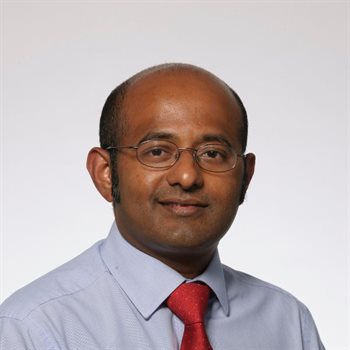
Channa joined TWI in 2003 as an Engineering Doctorate student, researching inspection techniques for austenitic welds. Since then, he has become a globally recognised authority in advanced UT techniques. His work has shaped international standards and continues to influence both academic and industrial practice. Channa was subsequently elected Chairman of the Sub-commission for Ultrasonic Testing (UT) of the International Institute of Welding (IIW) and is currently leading the revision of the IIW Handbook on UT of austenitic welds. He is a Fellow of the Institution of Mechanical Engineers, recognised for his contribution in authoring the Health and Safety Executive (HSE) publication on the safety of UK assets at risk of damage by high temperature hydrogen attack (HTHA). Channa's technical expertise spans the development of austenitic cladding and weld inspection techniques, the detection of HTHA, high temperature ultrasonic testing and the application of full matrix capture (FMC) to identify stress corrosion cracking. He has supported the TWI Core Research Programme (CRP) as a Programme Manager and continues to advance research as a Level 3 in phased array ultrasonic testing (PAUT).
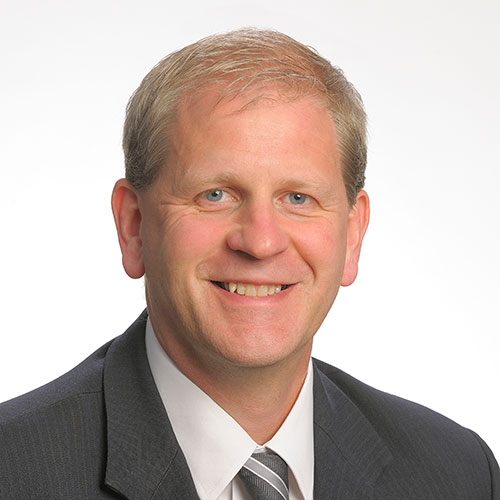
Jonathan joined TWI in 2005 to manage the Friction Stir Welding (FSW) team in Rotherham, having worked in machine tool manufacture. His knowledge and experience in FSW saw him go on to become the combined manager of the Friction Welding and Processing Section at both Rotherham and Cambridge, before he moved to a consultancy role focusing on the delivery of FSW projects. He has also organised the biennial International Friction Stir Welding Symposium since 2008, is a Fellow of the Welding Institute, and has been a member of a number of International Institute of Welding (IIW) Commission III working groups to standardise FSW.
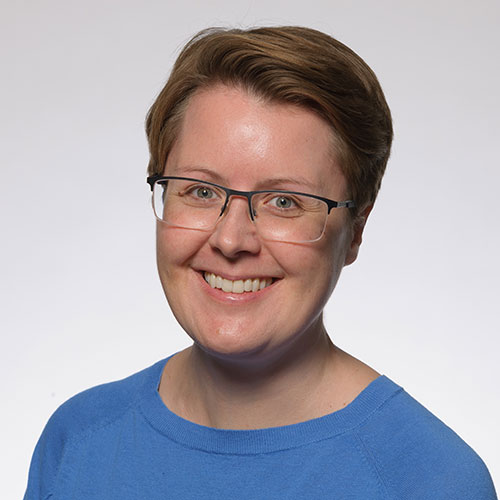
Carol Johnston is a Technology Fellow in the Fatigue Integrity Management section at TWI. Since 2009, she has been carrying out research and running a range of projects related to the fatigue performance and structural integrity of welded joints. Her main area of work is on validation fatigue testing of welds and providing consultancy on fatigue design of welded joints. She has contributed to over 30 publications on the topic. She is in charge of TWI's resonance fatigue testing offering. Her current focus is on establishing programmes of work that will generate suitable data to enable fatigue design recommendations to be updated and unified.